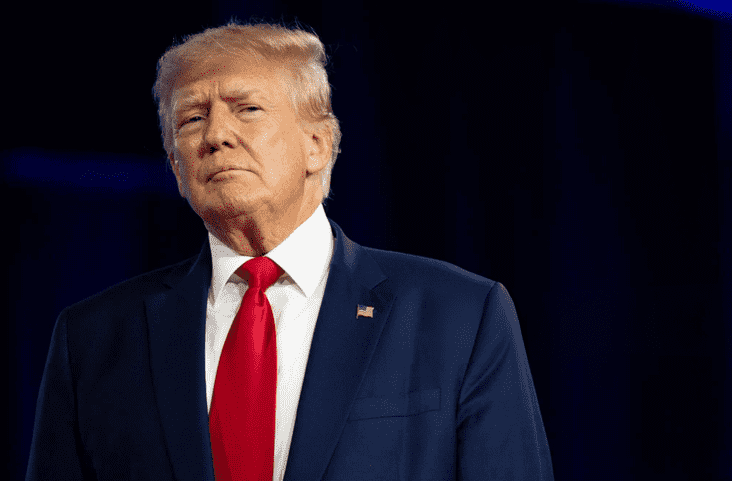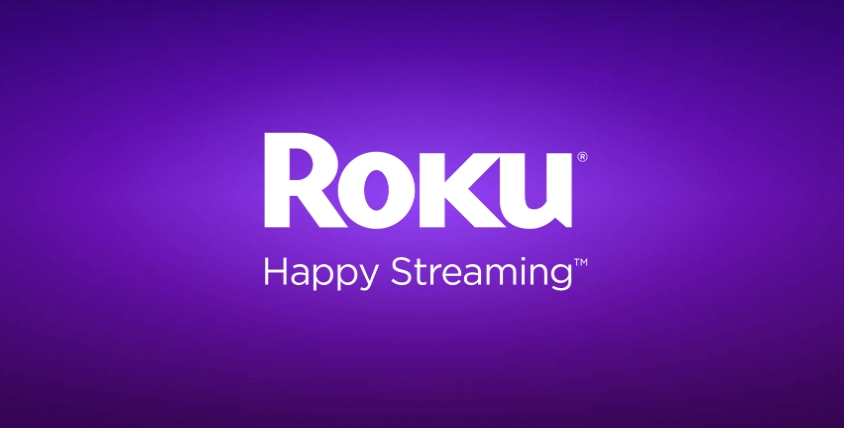[Reuters Analysis] Trump's data war risks creating false calm: Mike Dolan

By Mike Dolan
LONDON, Aug 14 (Reuters) - Political pressure on government statisticians and private forecasters risks sending markets down a rabbit-hole, which could suppress volatility today but lead to seismic reality checks in the future.
U.S. President Donald Trump has side-swiped both private and public sector economists this month, firing the Bureau of Labor Statistics boss for what he described as "rigged" jobs data and then lambasting Goldman Sachs for tariff-related research he didn't agree with.
These moves seem alarming, even if there are some mitigating factors.
Trump is hardly the first person to criticize BLS payrolls data. It has been under scrutiny for years, not because of fears of bias, but because of low survey response rates and delays, which have often resulted in large changes to past data. The most recent report contained one of the biggest downward revisions in decades. The BLS can argue that it has suffered from years of underfunding, but it's still not a good look.
What's more, similar questions about data collection have been lobbed at the BLS regarding its compilation of monthly consumer and producer price reports, which are critical now in assessing the impact of Trump's tariff rises on inflation.
These statistics, along with the U.S. employment report, are the most important monthly updates for financial markets, mainly because they play a pivotal role in Federal Reserve thinking, given its dual mandate to maintain maximum employment and stable prices.
Trump this week appointed Heritage Foundation economist E.J. Antoni - a contributor to the controversial Project 2025 wishlist of policies for a second Trump term - to run the BLS.
Antoni recently suggested suspending the monthly payrolls report until data problems were fixed, which could result in long data gaps at a critical moment for the U.S. economy, monetary policy and markets. Importantly though, the White House and Treasury Secretary Scott Bessent have pushed back on that idea.
But then came Tuesday's attack on Goldman boss David Solomon, with calls for him to appoint a new chief economist following the release of a report on Sunday by his colleague Jan Hatzius. The report estimated U.S. consumers had so far borne less than a quarter of the cost of tariffs but could see that rise to two-thirds over time.
This may simply be nothing more than Trump complaining about a forecast he doesn't like, but it's still a move that risks tinkering with one of the most basic market tenets: the plurality of views.
FANTASY CALM?
There's an obvious concern that - intentionally or not - these public attacks could cause economic data, research and forecasts to become more pro-government or lead to self-censorship by those keen to avoid seeing their business or careers damaged by presidential opprobrium.
To its credit, Goldman said it would keep doing its job regardless of the political pressure. But it would hardly say otherwise.
Perhaps more telling was the lack of public outcry from other economists who might reasonably be concerned that Trump's attacks on unflattering forecasts represent a worrying trend for their profession and market transparency overall. Of course, they or their institutions may simply have thought it best to stay quiet, assuming the issue would blow over soon.
Does any of this matter long term?
To be sure, economic forecasting can hardly be held up as a sacred cow if accuracy is what matters.
A University of California, Berkeley study late last year looked at more than 16,000 forecasts by banks and large firms and concluded that while 53% of forecasters were confident in their predictions, they were correct only 23% of the time.
But economists' forecasts still play a role, accurate or not. So any type of bias, even unintentional, could have a significant impact on market thinking.
Of course, if there were a consensus that official data was likely to be biased to flatter the government, then the process of forecasting those official numbers may just be to mechanically move in that direction. But that would undoubtedly create confusion.
To better capture what's really going on, investors may be more inclined to commission private economic data. And yet the cost of doing that on a frequent basis would be prohibitive for smaller players, meaning big information gaps could open up, making markets less efficient overall.
If political bias in official data and forecasting were to emerge in the current environment, one might expect to see firmer job creation and softer inflation readouts. That could keep markets calm in the short term.
But any weakness in the real economy would emerge eventually, likely resulting in a rude awakening for many, no matter what the official data says.
The opinions expressed here are those of the author, a columnist for Reuters
-- Enjoying this column? Check out Reuters Open Interest (ROI), your essential new source for global financial commentary. Follow ROI on LinkedIn. Plus, sign up for my weekday newsletter, Morning Bid U.S.
Scratch that - biggest downward payroll revision since 2020
Data collection woes at BLS
New US jobs ebbing
Market volatility evaporates
US interest rates and inflation








